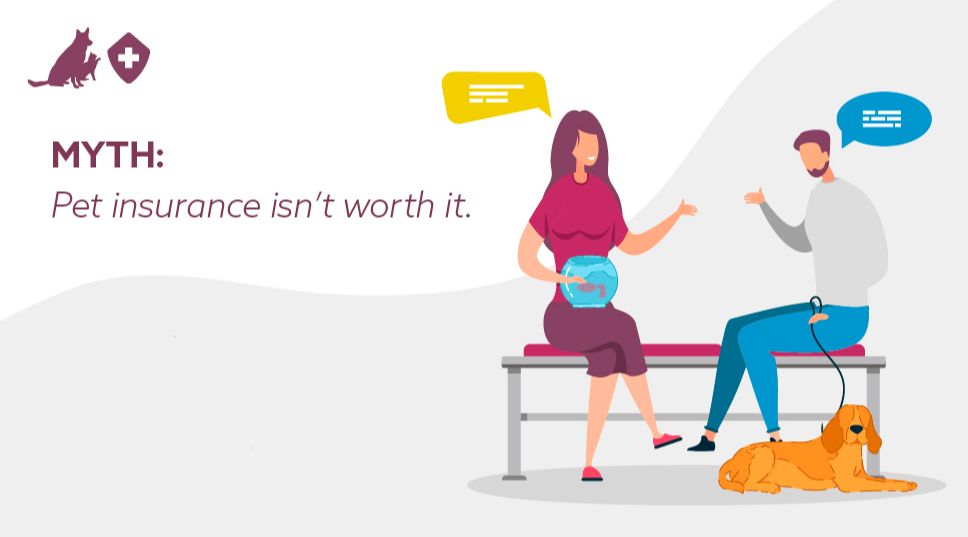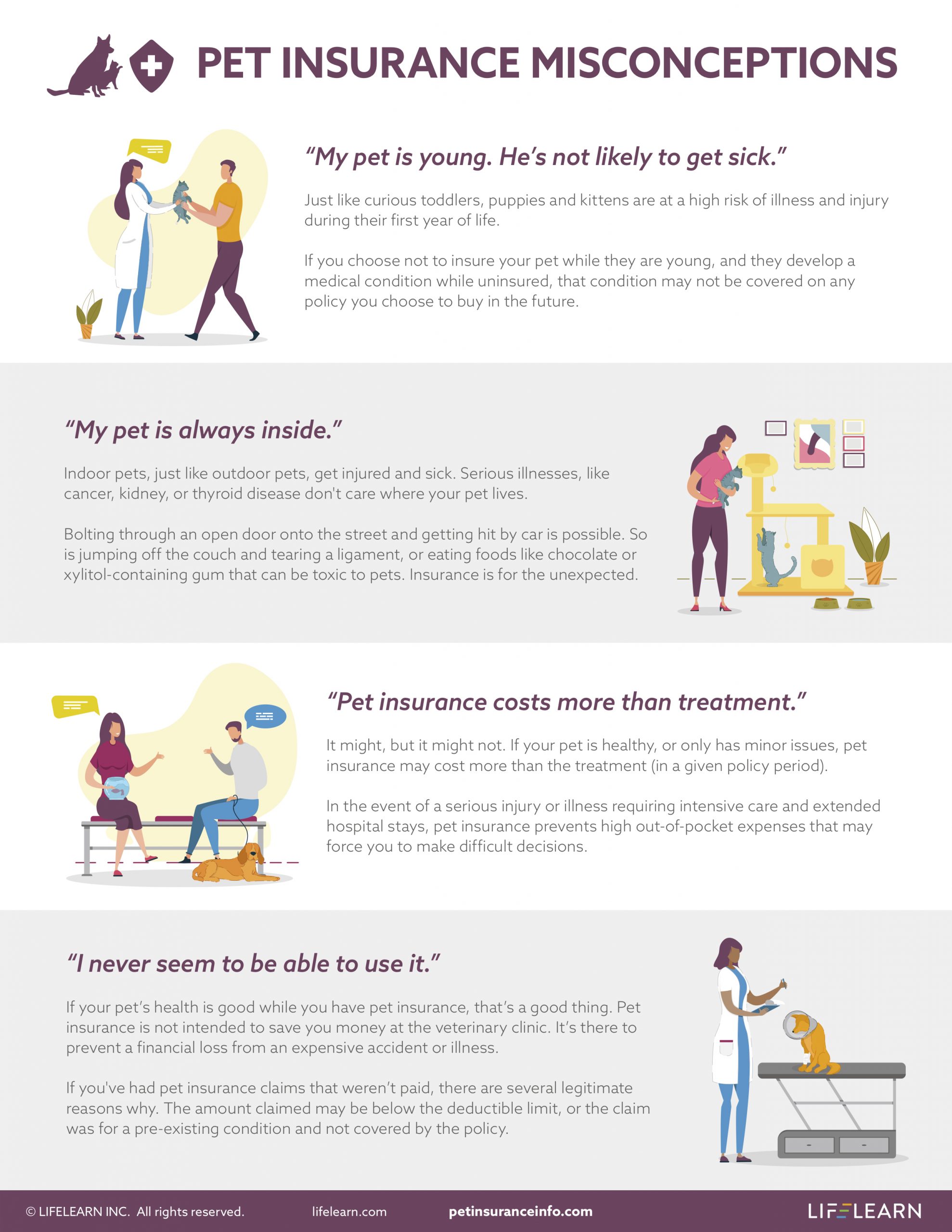
How to Prevent Separation Anxiety After COVID-19
The COVID-19 pandemic has many of us working remotely, and some are self-isolating to help flatten the curve. You might be wondering, “Will my dog suffer from separation anxiety when life goes back to normal?”.
Panic and the uncertainty of being alone are the foundation of separation anxiety in our pets. Pets may damage property or themselves, bark or cry excessively, pace frantically, or soil carpets and furniture. Prevention is the key to building confidence in your pets. Pets who cause damage are NOT MAD at you for leaving them alone. They miss you and are acting out their panic. Punishment often makes things worse. While at home:
- Create a safe haven space. Allow for quiet time apart during the day where you detach physically. You may crate your dog, use a mat across the room, or even sit on the opposite end of the couch.
- Use your dog’s senses to promote relaxation and comfort. Set up a white noise machine and spritz her safe haven space with synthetic canine pheromones or pet-safe lavender essential oils.
- Desensitize your dog to typical departure cues at non-routine times of the day. Pick up your keys then go fold laundry. Put on your shoes and go to the bathroom. Leave through the front door and come right back through the back door.
- Incorporate independence-building games like hide and seek with favourite toys placed throughout the house. Scatter a few loose treats in different rooms, so your dog has to work to sniff them out.
- Ask your dog to sit or lie down at her safe haven space. Make sure she watches you as you leave the room to set up the different toys and treats, then let her wait (as long as she can without punishing her!). Your goal is to build a little impatience here.
Dogs love routine. We need to build new routines for them when we start to leave the house again. By using the safe haven, relaxation cues, and confidence-building games, we can help increase our dog’s ability to settle into life without you 24-7.
Should You Get Pet Insurance?

There are a lot of misconceptions when it comes to getting insurance for your pet. Having a better understanding of how coverage works can help you see the value in having your pet covered, no matter what their age or lifestyle. Below are some common myths about pet insurance. If you have questions or would like some suggestions for insurance providers, give us a call!

Staying Protected Throughout the Seasons

As summer begins to wind down, the temperatures will drop quickly. This means continuing with your Simparica Trio medication is more important than ever, as certain types of ticks actually prefer cooler weather. Additionally, when Ontario gets more temperate and rainy, we sometimes see a spike in upset stomachs from a parasite called Giardia. This parasite thrives in still water like puddles and ponds, so ensure your pet avoids drinking from these at all times.

